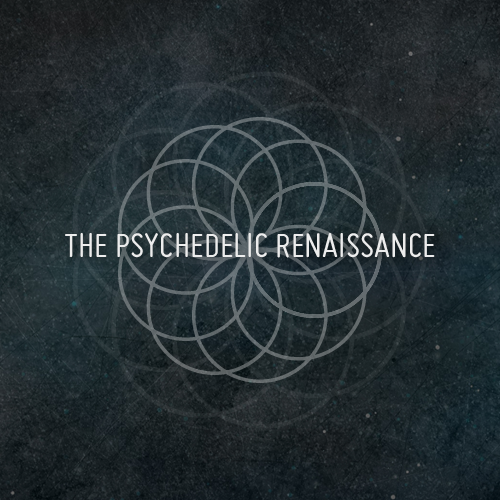
We’re thrilled to be doing in-depth blog coverage on the thought-provoking documentary feature - The Psychedelic Renaissance- intended for release later on in this year.
When you first hear of the movie title, many vivid themes come to mind. So, to create an accurate representation of what the viewer is expecting to experience and relish in this film, we will explore some of the main highlights featured in the trailer, narrated and inspired from the earnest high grounds of the intersectional collective of artists behind this project.
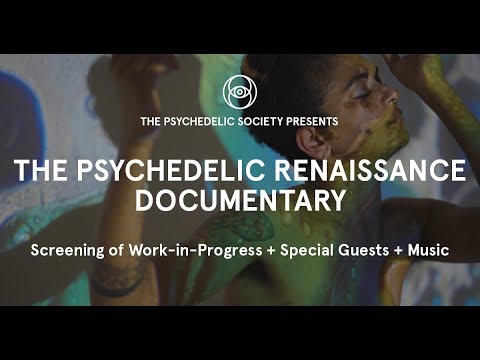
The main theme, which this documentary revolves around, is clearly our time's mental health crisis. At the start of the trailer, the viewer is hasted into taking the main message, which has likely brought this project and all of its constituents from personal accounts, to cinematic existence. The Psychedelic Renaissance points at the underlying problems of the traditional dysfunctional models to treat people with a long history of depression and Post-traumatic stress disorder (PTSD), by directing the attention of the viewer to the scientifically proven potential of psychedelics and plant medicines for therapeutic use.
Psilocybin, known as the main active compound in magic mushrooms, was brought by the Control Substances Act under a Schedule 1 licensing, which strictly prohibits the use of the substance by law, and claims zero therapeutic value associated with it. This topic has been raising many heated discussions in the psychedelic communities and research bodies globally- about the unavailability of the drug to treat patients with chronic mental health illnesses and negative thought patterns.
Magic mushroom healing
The effectiveness of psilocybin to heal the body and mind has been a heavily debated topic, along with the current establishment of drug laws, which rebuke the healing potential of the substance and its medicinal properties. This is where ‘The Psychedelic Renaissance’ makes a strong entrance by presenting the hard scientific facts about the drug's highly beneficial use on patients during a clinical trial for depression.
Patient in a clinical trial
From the very start of the movie trailer, we can tell that the objective of this project is to give the viewer a broader perspective on the positive effects of psychedelics under controlled conditions and to make a clear call about the responsible use of these substances. The wide array of contributors in this film, who are captured in their natural surroundings, are there to win the viewers in their favor. The intersectional selection of speakers from different areas related to psychedelics, art, science, and the film is actually more multi-disciplinary than you might think.
'The Psychedelic Renaissance'
There’re plenty of big names from psychedelic research that pop in the documentary, interweaved with real stories of patients who experienced a profound impact on the quality of their lives, following the psychedelic drug treatments. One of the strongest features in the movie is undoubtedly Dr. Ben Sessa- a psychiatrist, writer of the Psychedelic Renaissance (2012), a researcher in assisted therapy with recreational substances, and a famous advocate for change in drug laws. Other impactful presences are made by Dr. Rosalind Watts- the clinical lead for the Psilocybin depression trial- and one of the mighty names in the psychedelic movement-Amanda Feilding. Amanda is known in the inner circles as a pioneer in groundbreaking psychoactive substances research, as a famous lobbyist and founder of the Beckley Foundation (formerly called Further Consciousness). There are many pronounced contributing figures from the psychedelic movement that show face in the movie trailer, like Kevin Mathews- psilocybin decriminalization campaigner and Camille Barton- diversity consultant and researcher of somatic social justice. All in all, we see the professional accounts from a range of backgrounds in the psychedelic community, setting an altogether assertive tone, inspired with curiosity, factual detail, and personal openness.
Dr. Ben Sessa
The documentary trailer makes several strong statements that stay with the viewer post-watch and are likely to get them even more inquisitive about the effects of psychedelics on patients with mental health problems.
“These compounds can help one untangle and expose the trauma at the base of it.”-Amanda Feilding
“It allows you to explore you, and things specific to you”- Darren Springer (Mycologist)
“These experiences provide a unique sense of perspective and a possibility of change” Christopher Timmermann (DMT Neuroscientist, Imperial College London).
Psilocybin
At this point, the documentary already makes it clear of its goal to present the full range of viewpoints on psychotropic substances, without covering the facts, derived from hard-ground research work and unbiased history accounts. The Psychedelic Renaissance is also promising to explore the shadow-sides of recreational drugs, misinformation, and dangerous use, which earns the viewer’s trust about the film content. Education and harm reduction are some of the movie's main objectives, hoping to promote safe and responsible use across all age groups. We can tell from looking carefully into this movie that all speakers come across as highly ascertained of their experience with psychedelics, but also approaching the topic with the needed seriousness.
Neuroimaging
As we all know, mental health is a defining issue of our generation, with approximately one in every four people suffering from mental illnesses (as quoted on the homepage of the film). The Psychedelic Renaissance documentary is here to raise awareness and educate its audience about the promising potential of the substance, shown in groundbreaking research. Thus, the viewer can expect to see a lot more than dry scientific facts, but a true personal commentary from honest accounts in the psychedelic movement.
Psychedelics
The Psychedelic Renaissance is sponsored by private donations and charitable organizations, and everyone is invited to support the project via the official project page. In this final bit, we would like to mention the team behind this ambitious undertaking- Anya Oleksiuk (Director, Producer, and Camera), Camille Barton (Co-director and Choreographer), Haya Huasca (Co-producer and Co-director), co-producers Mercedes CA Grant and Mareesa Stertz, Ana Sabolic (Camera), Jonas Si Georgio (Director of Partnerships and Co-producer), Stefano Sgarbi (Music Composer), Matt Reid (Web designer) and Kubo (Editor).
Shamanic rituals
Whether this documentary convinces the viewer of the potential of psychedelic substances and plant medicines for personal and collective healing, is up to the individual judgment. What it can certainly promise is filmmaking craftsmanship, delivered for everyone to see and experience from their own unique standpoint and deeply personal perspective.
If you are interested to know more about The Psychedelic Renaissance, you can keep posted with news, newsletters, and updates about a possible release date of the movie: CLICK HERE

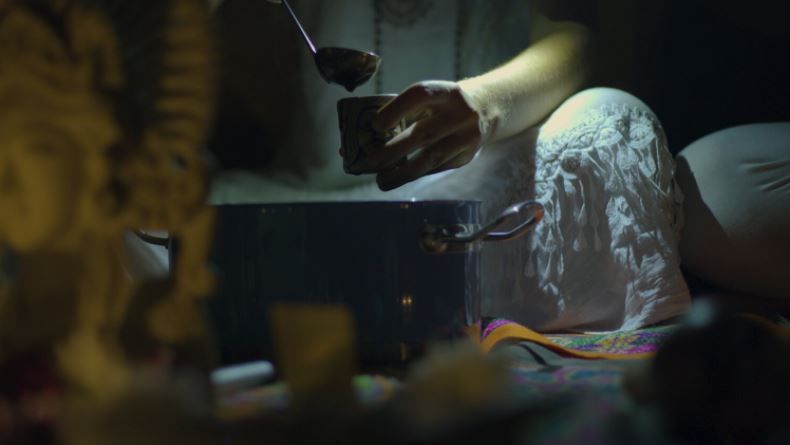
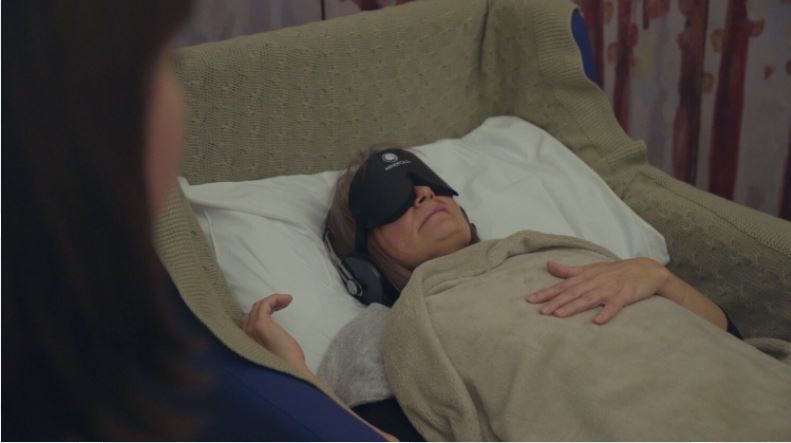
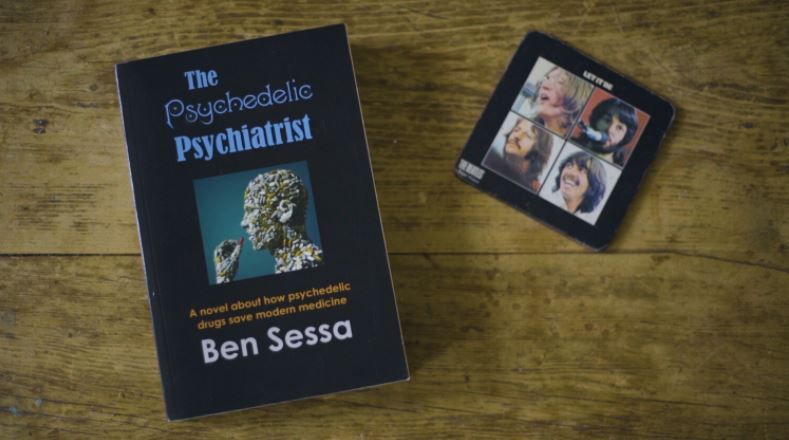
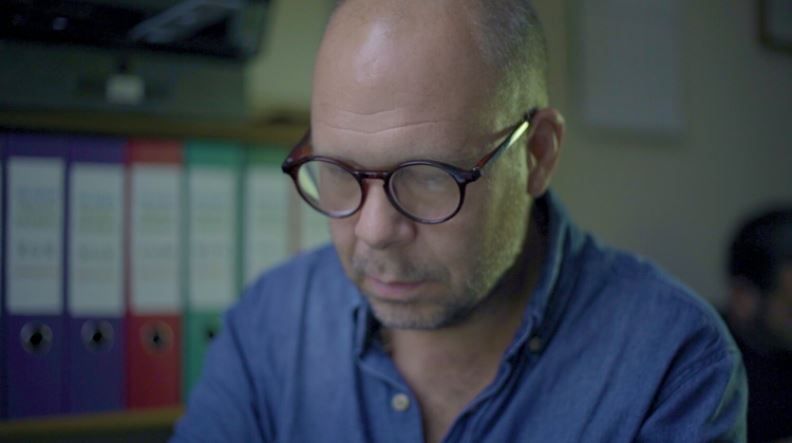
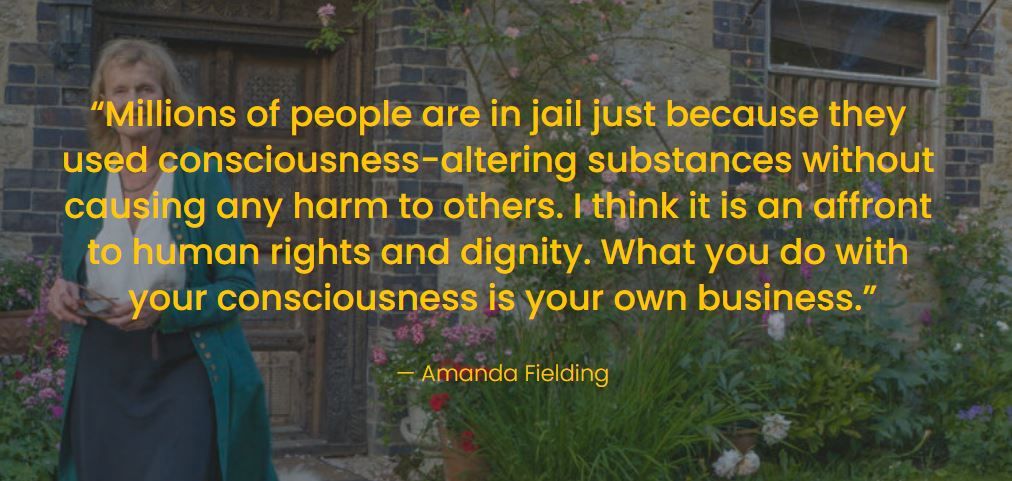
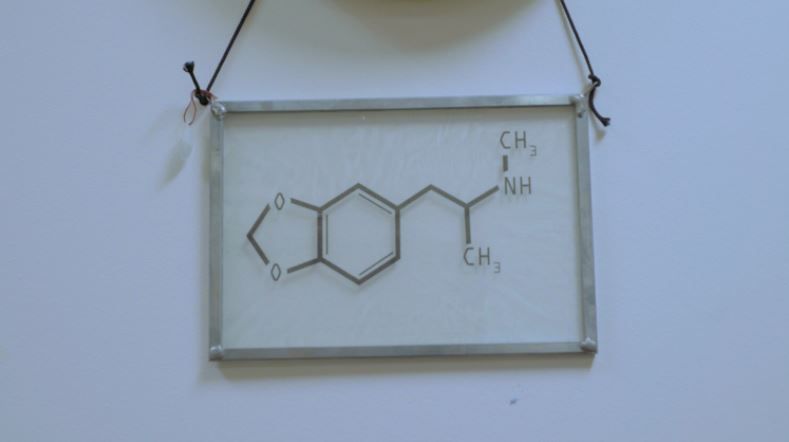
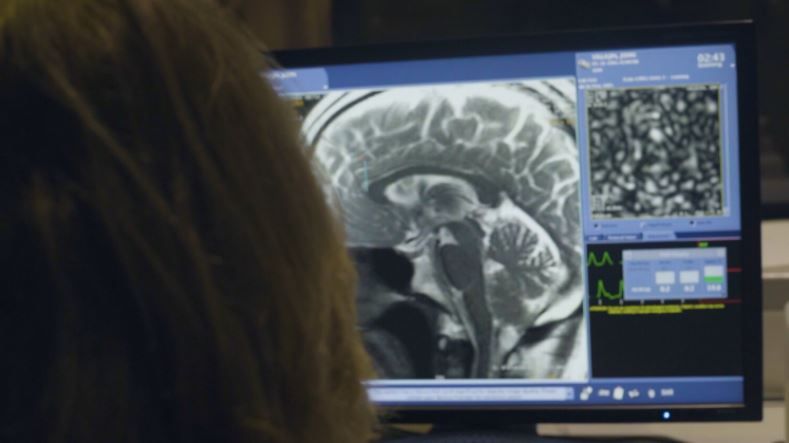
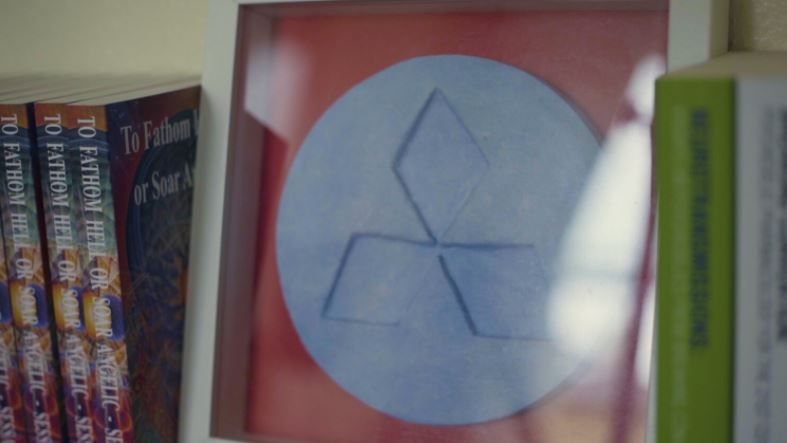
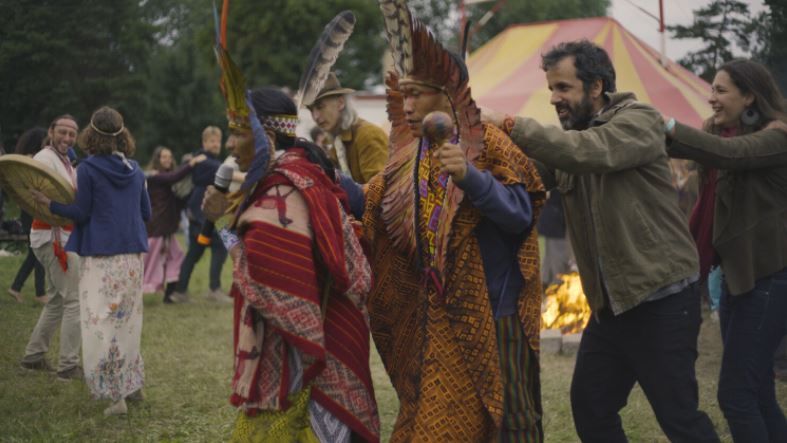
Please complete your information below to login.
Sign In
Create New Account